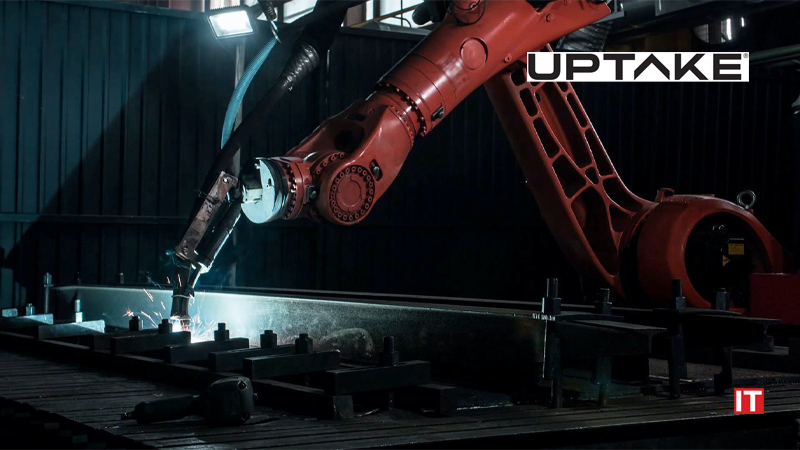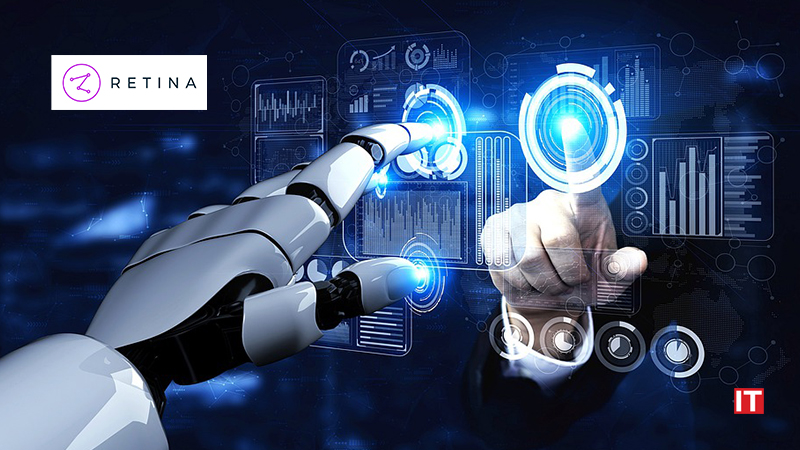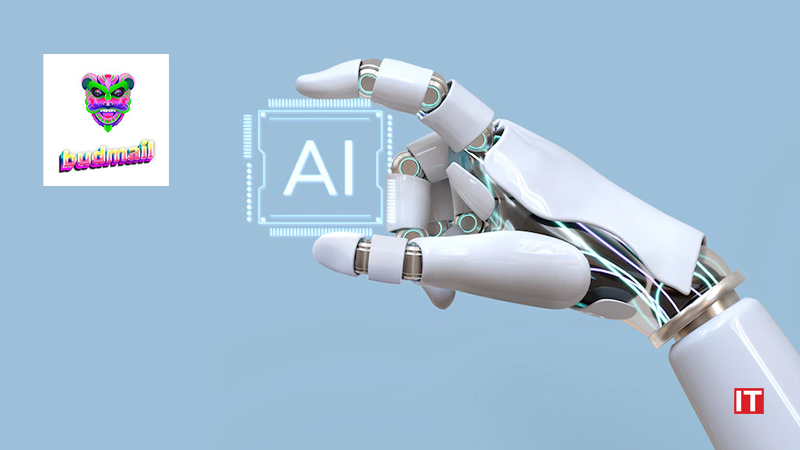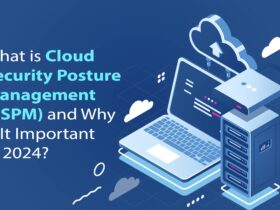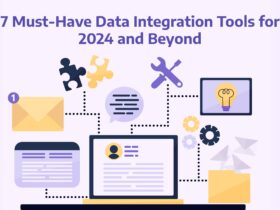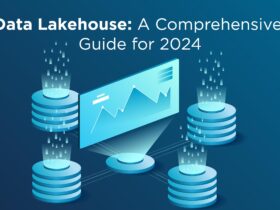WiMi Hologram Cloud Inc, a leading global Hologram Augmented Reality (“AR”) Technology provider, announced that it developed a deep reinforcement learning-based task scheduling algorithm in cloud computing to improve the performance and resource utilization of cloud computing systems. Deep reinforcement learning can solve complex decision-making problems by learning and optimizing strategies. By using deep reinforcement learning, the task scheduling problem can be transformed into a reinforcement learning problem by training a deep neural network to learn the optimal strategy for task scheduling. The advantage of reinforcement learning is that it can automatically adjust the policy according to the changes in the environment and can be adapted to complex task scheduling scenarios. Deep reinforcement learning has the advantages of adaptivity, nonlinear modeling, end-to-end learning, and generalization ability in task scheduling, and it can comprehensively consider factors such as the execution time of the task, the resource demand, the load situation of the virtual machine, and the network latency, so as to carry out the task scheduling more accurately, and to improve the performance of the system and the utilization rate of resources.
WiMi’s deep reinforcement learning-based task scheduling algorithm in cloud computing includes state representation, action selection, reward function and training and optimization of the algorithm. State representation is an important link. By transforming various information in the cloud computing environment into a form that can be processed by the machine learning model, it can help the model to better understand the current task scheduling situation, so as to make more reasonable and accurate task scheduling decisions. Action selection is also a key step, where at each time step, the agent needs to select an action to execute to decide the task scheduling strategy at the current moment. Such an algorithm can select an optimal action based on the current system state to achieve efficient cloud computing task scheduling. The reward function, on the other hand, is used to evaluate the reward value obtained by the agent after executing an action, which in turn guides the decision-making process of the agent. The reward function can enable the agent to learn and optimize better during the task scheduling process.
Also Read: Arity Launches Arity IQSM on Google Cloud’s Analytics Hub
In addition, the training and optimization of the deep reinforcement learning-based task scheduling algorithm in cloud computing are also very critical. First, a reinforcement learning environment applicable to the task scheduling problem needs to be constructed, including the definition of states, actions and reward functions. The state can include information such as the current system load situation, attributes and priority of the task; the action can choose to assign the task to a certain virtual machine or decide whether to delay the processing of the task; and the reward function can be defined based on the completion time of the task, resource utilization and other metrics. The algorithm is then trained using a deep reinforcement learning algorithm such as Deep Q-Network (DQN), a neural network-based reinforcement learning algorithm that can make decisions by learning a value function. During the training process, by interacting with the environment, the algorithm continuously updates the parameters of the neural network to optimize the decision-making strategy for task scheduling. In addition, some optimization techniques, such as experience playback and objective networks, can be used to further improve the performance and stability of the algorithm. Through continuous training and optimization, the algorithm will gradually learn the optimal strategy for task scheduling, thus improving the performance and efficiency of the system.
SOURCE: PRNewswire


